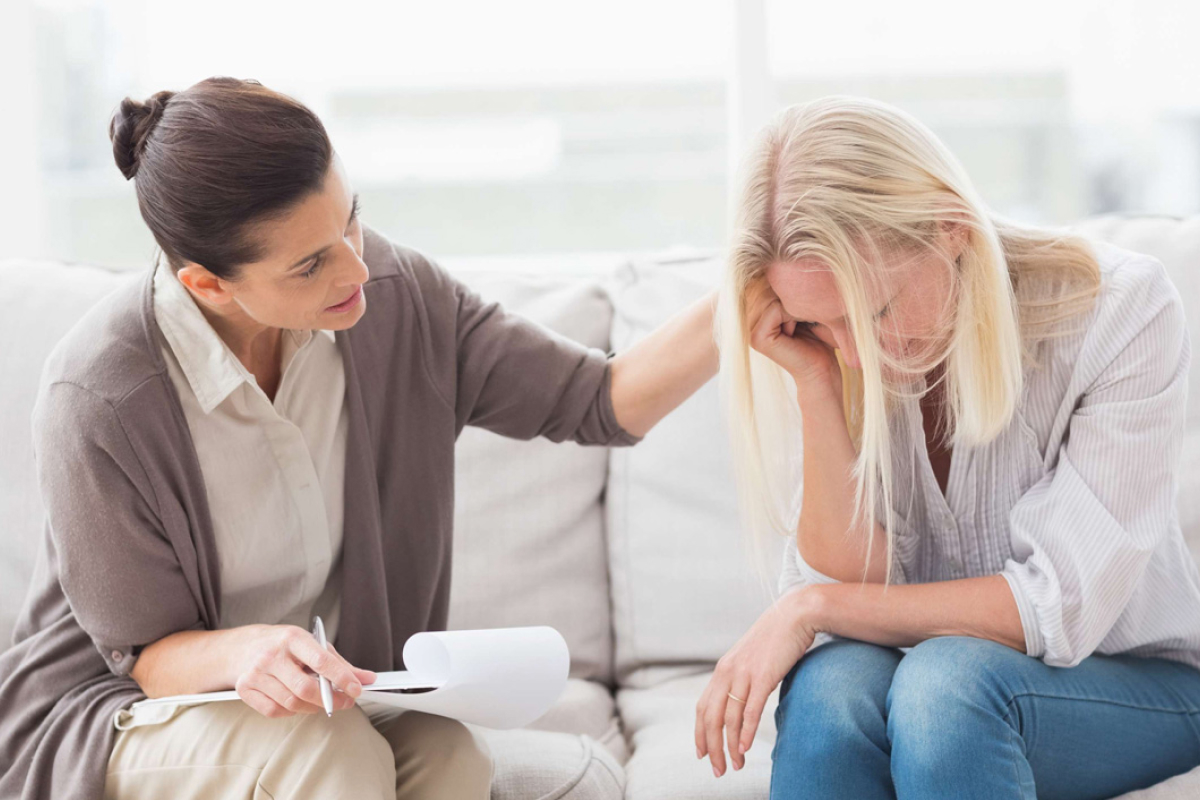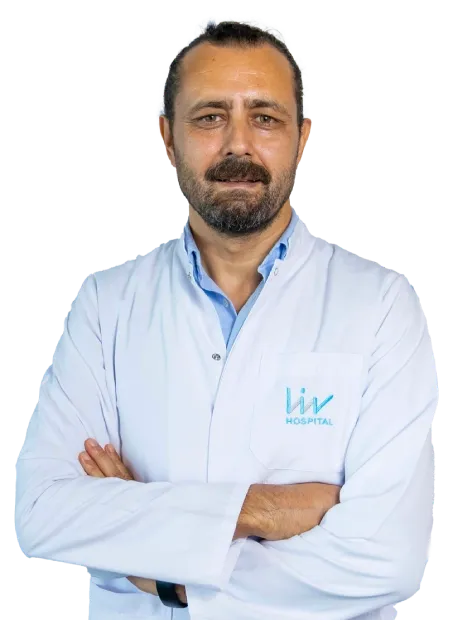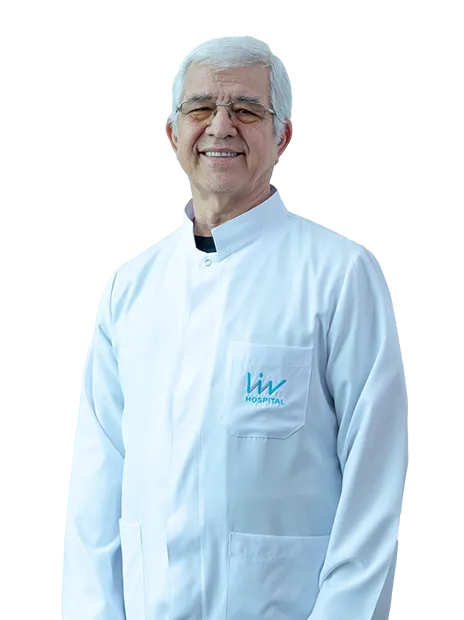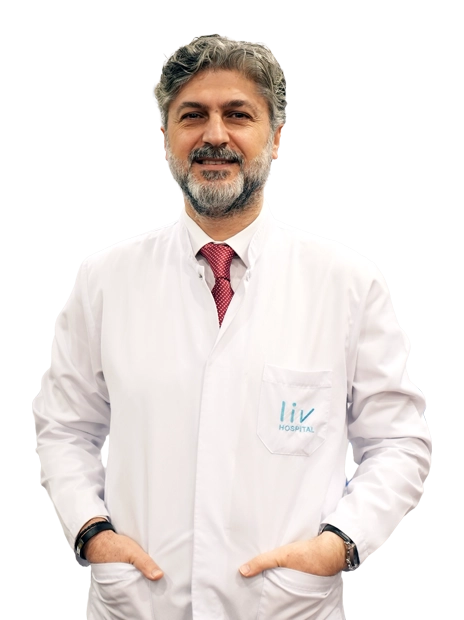
As cancer survivorship grows, with 18.6 million people in the U.S. living with cancer by 2025, it’s key to discuss their challenges. This number is expected to rise to 22 million by 2035.
Key Takeaways
- The number of cancer survivors is rising, with significant growth expected by 2035.
- Cancer survivors face various challenges, including physical, emotional, and financial struggles.
- Survivorship care and support are key to tackling these challenges.
- The National Cancer Institute points out the ongoing hardships faced by cancer survivors.
- It’s vital to understand the struggles of cancer survivors to offer full care.
The Growing Population of Cancer Survivors
Cancer survivorship is becoming more common. This change affects patients, families, and healthcare providers. As we improve cancer treatments, more people are living after a cancer diagnosis. We need to understand this new landscape of cancer survivorship better.
Current Statistics and Future Projections
Statistics on cancer survivorship are striking. By 2025, about 18.6 million people in the U.S. will have a cancer history. New cancer cases in the U.S. are expected to reach 2 million in 2025, not counting non-melanoma skin cancers. This growing number of survivors shows we need care that lasts beyond treatment.
Survival Rates and Life Expectancy
Survival rates for cancer patients are getting better. About 70% of survivors live five years or more after diagnosis. Nearly half live over 10 years. These improvements show we’re getting better at early detection and treatment.
But they also show we must focus on survivors’ long-term needs. This includes their life expectancy and quality of life. Looking ahead, we must be ready to offer comprehensive support. This support should cover physical and emotional health, as well as social and financial well-being. By doing this, we can help survivors not just survive but thrive after their diagnosis.
Physical Aftermath: 5 Things They Never Tell You About Life After Cancer
Cancer’s physical effects don’t stop when treatment ends. Survivors face many long-term challenges. It’s key to grasp the physical aftermath they often endure.

Chronic Pain and Fatigue
Many cancer survivors deal with chronic pain and fatigue. These issues can make everyday tasks hard and lower life quality. Chronic pain can stem from the cancer or treatments like surgery or chemo. Fatigue is a lasting tiredness that doesn’t get better with rest.
Organ Damage and Functional Limitations
Treatments can harm organs and tissues, causing lasting health issues. For instance, some chemo drugs can hurt the heart, while radiation can affect the lungs. Survivors need to watch their health closely for problems like heart disease or breathing issues.
Changes in Physical Appearance
Cancer and treatment can change how a person looks, affecting self-esteem. Hair loss, weight changes, and scars are common. It’s vital for survivors to have support to deal with these changes.
Two more key aspects are neuropathy and hormonal changes. Neuropathy can cause pain, numbness, or tingling in hands and feet. Hormonal shifts can lead to issues like osteoporosis or thyroid problems.
Knowing about these five physical effects of cancer helps survivors and their families prepare. By understanding these long-term impacts, we can offer better care and support to those who’ve beaten cancer.
The Invisible Battle: Mental Health Challenges
Cancer survivors face deep emotional and psychological challenges. Many deal with anxiety, depression, and other mental health issues. It’s vital to support them through these struggles.

Anxiety and Depression Among Survivors
Cancer survivors often feel anxiety and depression. These feelings come from fear of cancer coming back, body image changes, or adjusting to life after treatment. We must support them with kindness and understanding.
Research shows that depression and anxiety are more common in cancer survivors than in others. Healthcare providers should offer mental health support that meets survivors’ needs. This helps them deal with these tough emotions.
Post-Traumatic Stress and Survivor’s Guilt
Some survivors have post-traumatic stress from their cancer experience. Others feel survivor’s guilt for living when others didn’t. We need to recognize these feelings and help survivors cope.
It’s important to provide them with counseling and support groups. These places help survivors share their stories and find support.
Personality Changes in Cancer Patients
Cancer and treatment can change a person’s personality. Survivors may become more resilient but also more cautious or fearful. Understanding these changes is key to caring for them fully.
By focusing on their mental health, we help survivors rebuild their lives. We support them in finding meaning and purpose after cancer.
Examining Alternative Journeys
Some cancer survivors choose not to follow the usual treatment path. They might do this for personal reasons, how severe their cancer is, or past experiences with doctors.
Understanding Different Survival Paths
Cancer survival is unique for everyone. Some people avoid traditional treatments like chemo, radiation, or surgery. Instead, they might try different therapies or lifestyle changes.
These alternatives can include eating certain foods, practicing mind-body therapies, or other non-standard treatments. How well these work can differ a lot between people. Doctors often debate their effectiveness.
The Medical Perspective
Doctors see choosing alternative treatments as a complex decision. Some of these therapies might help with standard treatments, but others could harm them. This could affect how well a treatment works.
Doctors are careful with alternative treatments because there’s not always solid proof they work. Yet, they also respect patients’ rights to make their own choices. They want to have honest talks about all treatment options.
Ethical and Personal Considerations
Choosing not to have traditional treatment raises big questions. Patients must think about the good and bad of these options. They also consider their own values, money situation, and support network.
Doctors play a key role in supporting these choices. They need to be kind and not judge, while also making sure patients know all their options. This is a tough balance for doctors to keep.
In the end, the stories of cancer survivors who take alternative paths show we need to understand cancer survivorship better. We must recognize the many ways people can face and beat cancer.
Those That Survived Cancer: Scared That It Will Come Back
Surviving cancer is a huge achievement, but it doesn’t stop the fear of it coming back. For many, this fear is always there, affecting their daily life and well-being.
The Constant Fear of Recurrence
The fear of cancer coming back is a big worry for survivors. This fear can be very stressful, making everyday life harder. We know this fear is real and can be very hard to deal with.
Factors contributing to the fear of recurrence include:
- Uncertainty about the future
- Fear of undergoing treatment again
- Concerns about the impact on family and friends
Scan Anxiety and Medical Vigilance
Scan anxiety is common among cancer survivors. Waiting for scan results can be very stressful, often called “scanxiety.” We see this anxiety as just as tough as the fear of recurrence itself.
Strategies to cope with scan anxiety include:
- Seeking support from loved ones or support groups
- Engaging in relaxation techniques such as meditation or deep breathing
- Staying occupied with work or hobbies
Coping Strategies for Recurrence Fears
While the fear of recurrence is normal, there are ways to handle it. We suggest a mix of medical care, emotional support, and lifestyle changes.
Effective coping strategies include:
- Regular follow-up appointments with healthcare providers
- Maintaining a healthy lifestyle through diet and exercise
- Engaging in stress-reducing activities
By using these strategies, cancer survivors can manage their fear better and live a better life.
Financial Toxicity: The Economic Burden After Cancer
Cancer survivors often face big economic challenges, known as financial toxicity. The cost of cancer treatment is very high. This can hurt not just the patient but their family too. The financial stress can be so bad that it affects their quality of life and even their medical care.
Medical Debt and Bankruptcy Risks
One big worry for cancer survivors is medical debt. The costs of treatment, like hospital stays and medicines, can pile up fast. Many patients can’t pay these bills, which raises the risk of bankruptcy. Studies show cancer patients are more likely to file for bankruptcy than others, showing how big the financial problem is.
“The financial burden of cancer is not just a personal issue; it’s a societal concern that requires complete solutions.”
Resources and Financial Assistance Programs
But, there are resources and programs to help with the financial burden. Non-profit groups, government programs, and some drug companies offer help with costs, travel, and more. Patient advocacy groups also help by guiding through the healthcare system and finding resources.
Understanding the financial challenges and the help available can help lessen the economic burden of cancer. This can improve the quality of life for those affected.
Life After Cancer: Navigating Survivorship Care
Cancer survivorship is more than just the treatment phase. It’s a long journey of ongoing care and support. Survivors need a full range of services to manage their health well.
Access Disparities in Post-Cancer Care
Getting the right care after cancer is hard for some. Vulnerable populations face big challenges. These include those with less money, living in rural areas, and minority groups.
These challenges can make their health worse and lower their quality of life. We need to fix this by improving healthcare, teaching patients more, and changing policies for fair access.
Coordination Between Medical Specialists
Good survivorship care needs teamwork. Oncologists, primary care doctors, and others must work together. They create a care plan that fits each survivor’s needs.
This teamwork is key for managing long-term effects, watching for cancer to come back, and preventive care. It helps survivors get the support they need to do well.
What to Expect After Last Chemo Treatment
Finishing chemo is a big deal for survivors. But it’s just the start of their journey. They often wonder what comes next, like follow-up care, handling side effects, and staying healthy.
Usually, survivors get a care plan that includes regular check-ups, watching for cancer to come back, and tips for a healthy lifestyle. Knowing what to expect helps them adjust and live well.
By focusing on the needs of cancer survivors, we can help them live better. This care is key to their well-being after cancer.
Social and Professional Reintegration Challenges
Surviving cancer is just the start. The real challenge is getting back into daily life. Survivors face big hurdles in social and work settings. They need to rebuild relationships, regain confidence, and adjust to a new reality.
Changed Dynamics with Family and Friends
Cancer treatment changes how survivors relate to their loved ones. Survivors may struggle to reconnect with family and friends. They feel like they’ve been on a different planet, and now they’re back but different.
“The hardest part was coming home and expecting everything to be the same, but it wasn’t. People didn’t know what to say or do.”
To mend these relationships, survivors and their loved ones must work together. They need to talk openly and seek counseling services.
Dating and Intimacy After Cancer
Dating after cancer is tough. Survivors often feel insecure about their changed bodies and unsure about sharing their cancer history. Treatment’s physical and emotional effects also impact intimacy.
- Rebuilding confidence in one’s body and self
- Communicating openly with partners about feelings and needs
- Seeking support from counseling or support groups
Survivors need resources to tackle these dating and intimacy challenges. This helps them navigate these complex issues.
Employment and Workplace Challenges
Cancer survivors might face discrimination or stigma at work. This can make it hard to return or advance in their careers. Employers can help by creating a supportive work environment and providing necessary accommodations.
- Understanding legal protections against workplace discrimination
- Communicating needs and accommodations to employers
- Seeking support from vocational rehabilitation services
By tackling these challenges, we can help cancer survivors reintegrate smoothly. This way, they can rebuild their lives with confidence and support.
Conclusion: Finding Meaning in the Cancer Survivorship Journey
As we wrap up our look at cancer survivors’ challenges, it’s key to see the value of finding meaning in the cancer survivorship journey. Many survivors find new purpose and meaning in their lives after treatment. They learn to navigate their new reality and find joy in life after cancer.
Survivors must deal with the lasting physical, emotional, and psychosocial challenges. By facing these, they can find a new sense of purpose. This journey helps them grow personally and appreciate life more. Finding meaning is vital for their recovery, helping them live with more energy and direction.
The journey of a cancer survivor is unique, shaped by support, beliefs, and mental health. Understanding these factors helps us support survivors better. We can guide them towards healing and self-discovery, helping them find meaning in their experiences and live fully after cancer.
FAQ
What are the most significant physical challenges faced by cancer survivors after treatment?
Cancer survivors often deal with chronic pain, fatigue, and changes in how they look. These challenges can really affect their quality of life.
How does cancer treatment impact mental health?
Cancer treatment can cause anxiety, depression, and post-traumatic stress. It’s very important for survivors to get mental health support.
What are the financial challenges faced by cancer survivors?
Survivors often face big medical bills, insurance problems, and financial stress. But, there are resources and programs that can help.
How can cancer survivors cope with the fear of recurrence?
To deal with the fear of recurrence, survivors can use coping strategies. They can talk to loved ones, mental health experts, or join support groups. Regular medical check-ups are also key.
What can cancer survivors expect after their last chemotherapy treatment?
After their last treatment, survivors will have follow-up care. This includes regular check-ups and scans to watch their condition and manage side effects.
How can cancer survivors reintegrate into their social and professional lives?
Survivors can get back into their social and work lives by seeking support and talking openly with loved ones. There are also resources to help them deal with changes and work challenges.
What is survivorship care, and why is it essential for cancer survivors?
Survivorship care gives survivors the support and resources they need. It helps them manage their condition, deal with side effects, and improve their quality of life. It’s a key part of post-cancer care.
Are there alternative approaches to traditional cancer treatment?
While traditional treatment is often the best choice, some survivors might look at alternative options. It’s important to talk to doctors to make sure these choices are safe and effective.
How can cancer survivors find meaning and purpose in their journey?
Survivors can find meaning and purpose by reflecting on their journey, seeking support, and exploring new interests. This helps them navigate their new reality and find fulfillment.

































